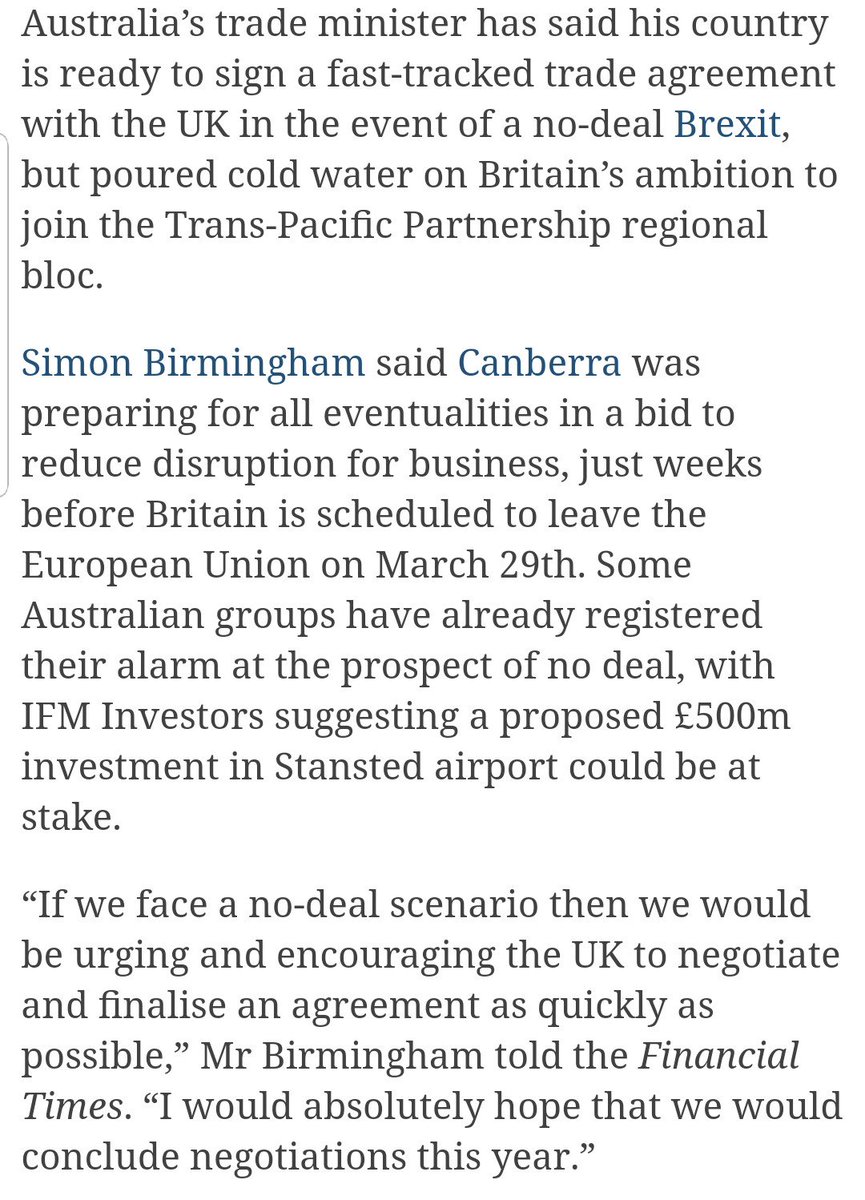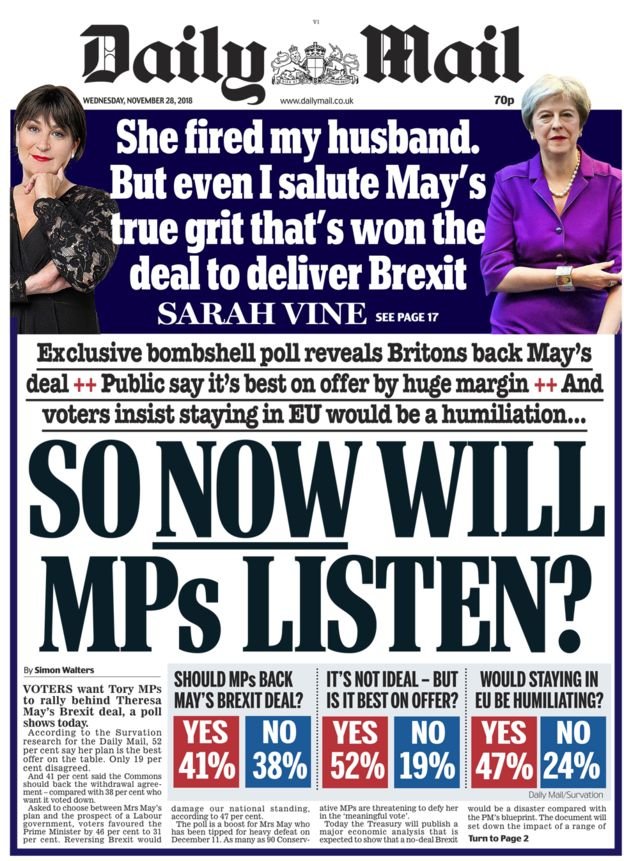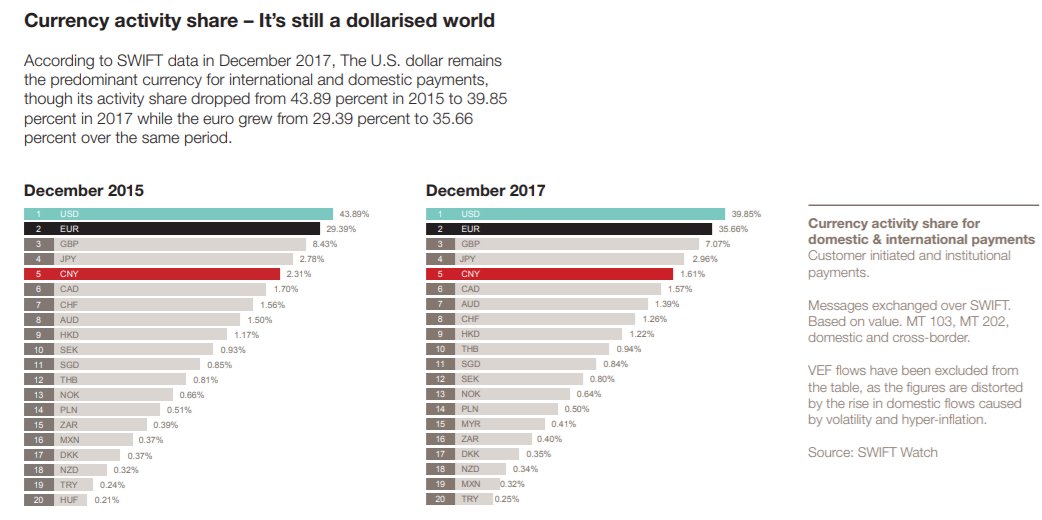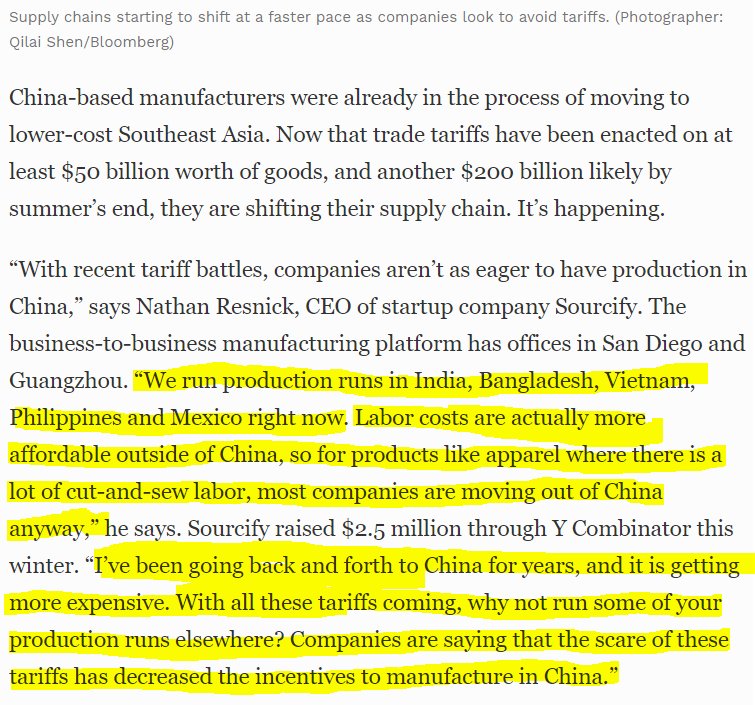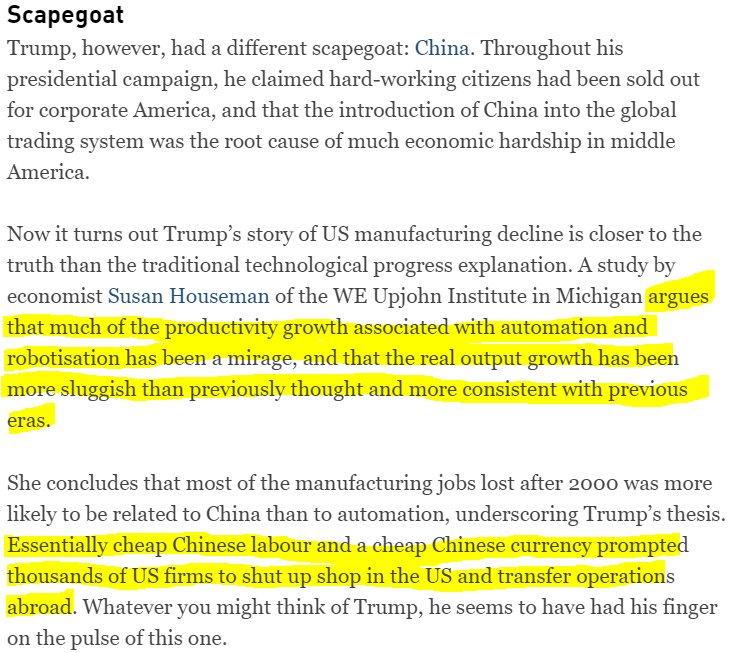However, trade policy is complex and there are always winners and (very vocal) losers. Very few free shots on goal.
Let's take the US, for example.
What are those policies, what are they trying to accomplish and will the UK be comfortable with their abolition, or significant alteration, to promote UK-US trade?
What is the likelihood a US-UK FTA could address such policies?
How politically sensitive are such policies, and what might the US seek in return for addressing them?
Why are those policy barriers in place? Are they looking to mitigate certain risks?
Are the parties likely to be comfortable accepting greater risk thresholds to increase investment flows?
These will largely determine where the greatest gains for potential FTA partners will be.
Hint: It's agriculture and worker temporary entry (Mode 4 Services).
Note: These sectors may not line up. Greater export access in financial services doesn't help farmers make ends meet.
However, immediately following Brexit (especially in the event of a No-Deal) the pressure on the government to quickly start FTA negotiations will be immense... and slogans alone won't cut it. /end

